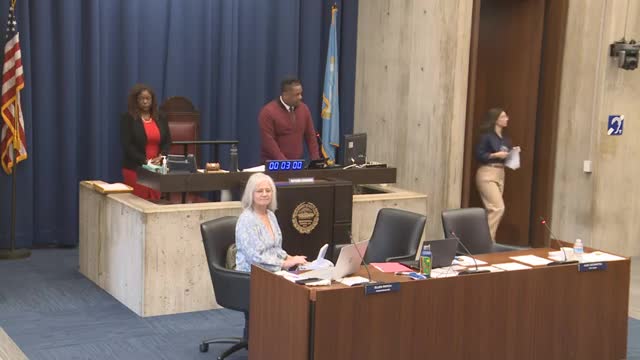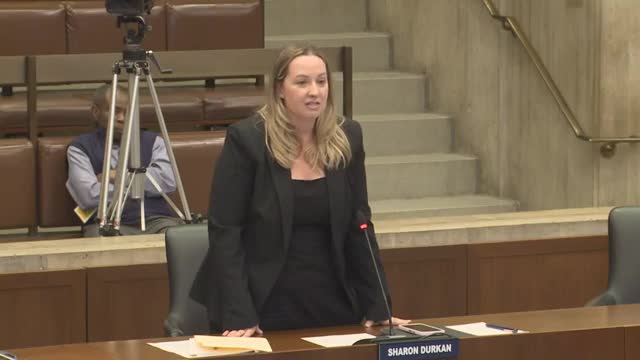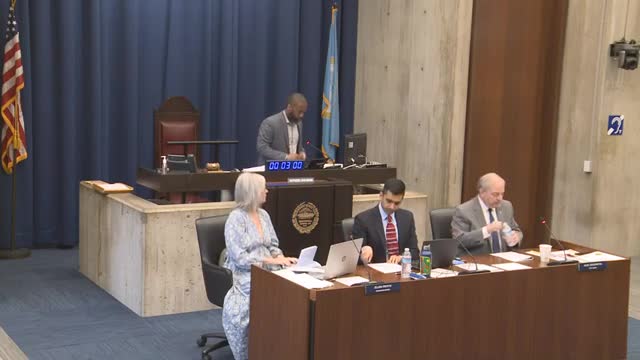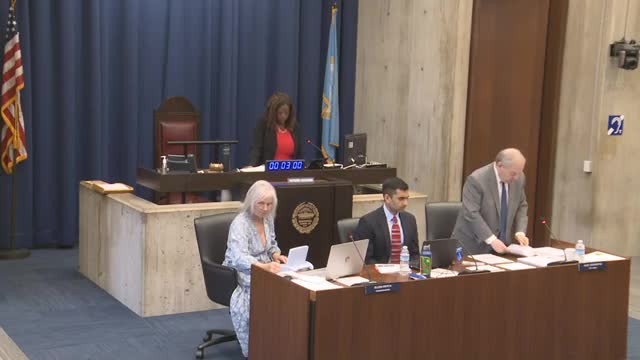Article not found
This article is no longer available. But don't worry—we've gathered other articles that discuss the same topic.

Councilor Santana asks for hearing on occupational cancer risks among Boston firefighters

City council votes to codify Department of Innovation and Technology

Boston council advances home-rule petition to put ranked-choice voting on a future ballot

